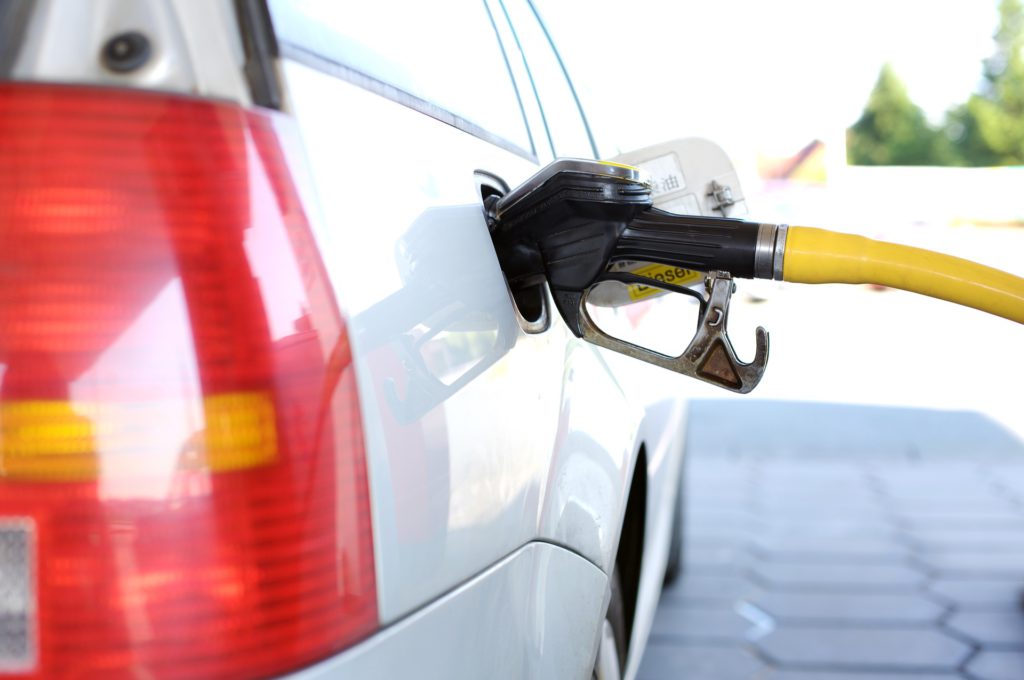Petrol just as clean as diesel since 2008 as Merkel tells industry to sort out its problems
08 September 2017

08 September 2017
According to reports in Germany, the country’s Federal Motor Vehicle Authority (KBA) evaluated CO2 data for the Ministry of Transport in 2008, reaching the conclusion that diesel cars have no advantage over petrol for climate protection.
In an email sent in March 2008 and seen by the German publication Wirtschaftswoche, an employee of the Federal Ministry of Transport therefore suggested that a rule should be drawn up regarding government policies. These suggested that car buyers should switch from petrol to diesel in order to aid pollution levels. However, since 2015, diesel has been subject to a number of issues stemming from the Volkswagen emissions scandal.
The email states: ′At the beginning of EU monitoring in 2000, the average CO2 emissions of all petrol vehicles registered in Germany were well above the average of diesel engines. However, this has been reversed as of 2006 and 2007. Now the average CO2 value of petrol vehicles is below the average value of the diesel vehicles. The reason for this development was that the diesel engines had become bigger and more powerful, so they had lost their fuel economy.’
The news means that pushes around Europe for diesel vehicles could have been averted, as their petrol counterparts were just as environmentally friendly. In turn, this would have lessened the problem of today, where diesel emissions, particularly nitrogen oxides (NOx) are adding to air pollution. This has led to some cities in Germany announcing plans to ban diesel vehicles from their roads, with Munich, Stuttgart and Cologne all discussing proposals. These in turn have led to a national diesel forum, which saw manufacturers from the country announce plans to recall five million cars and retrofit them with new software to improve their emissions.
With national elections in Germany taking place in late September, Chancellor Angela Merkel is keen to distance herself from the diesel scandal. News such as this will not help dispel the perception that she has remained closer to the industry than her position should allow, with opposition parties using this view to their advantage. Therefore the Chancellor is having to balance the view of the public and the view of the industry, which employs around 800,000 people within the country.
Merkel has now told automakers that they must be the ones to remedy their mistakes in order to win back public trust. With the Dieselgate scandal and reports of a manufacturer cartel, the industry is not a popular one amongst the public.
′The chancellor made it clear that company management must clearly identify and eliminate mistakes in order to regain the confidence of consumers,’ Merkel’s spokesman, Steffen Seibert, said after she met the heads of the firms’ employee works councils on Wednesday.
Merkel’s main challenger in the election, Social Democrat Martin Schulz, has criticized her approach to carmakers and called for them to pay for the widening emissions scandal.
Many politicians fear Germany’s carmakers are failing to invest enough in new technology and infrastructure, something the Chancellor herself has highlighted as needing investment to ensure that the industry is not left behind by rivals from Asia and the US. Merkel has said that her government was willing to help manufacturers make the change to cleaner models with low-emissions engines.